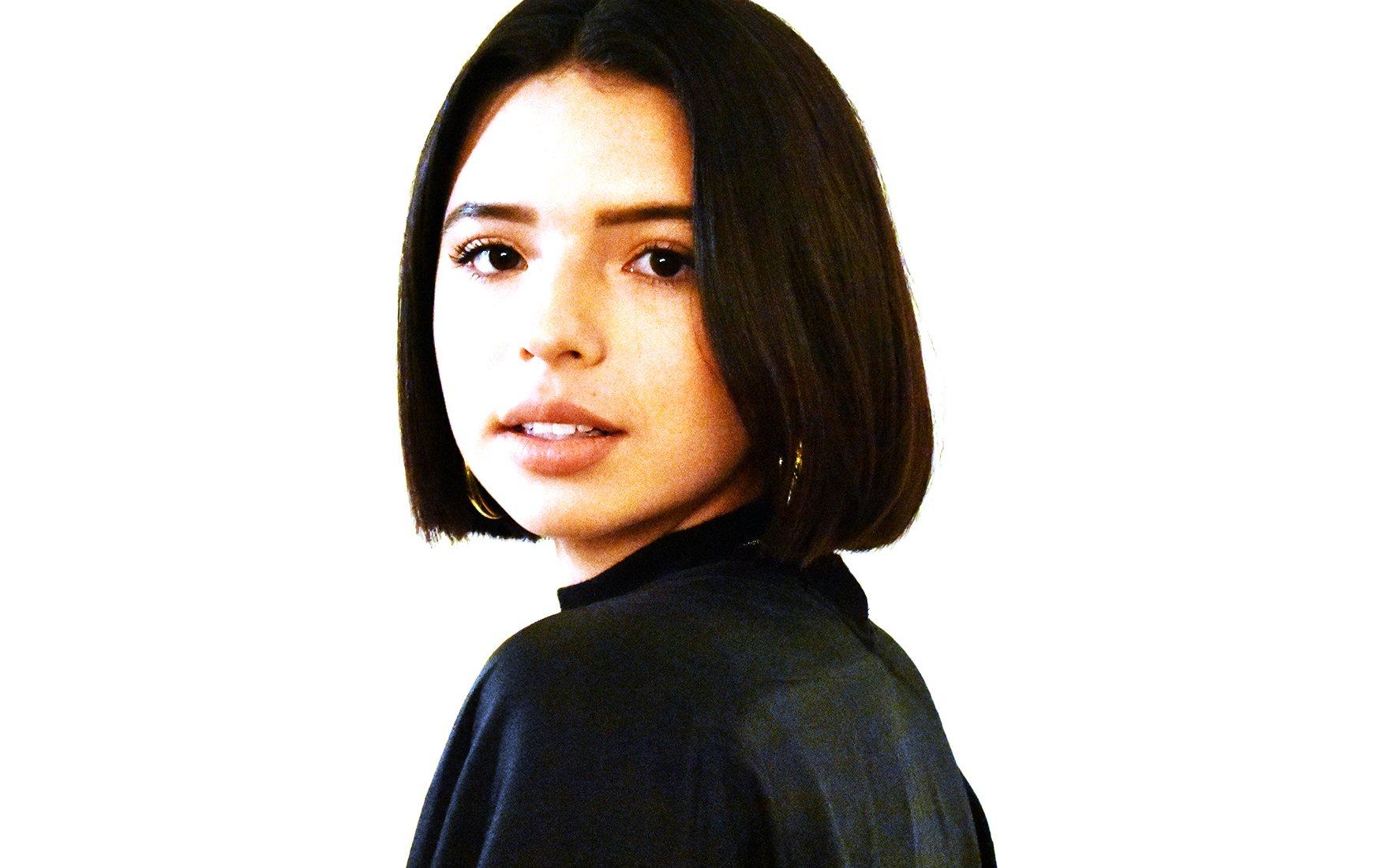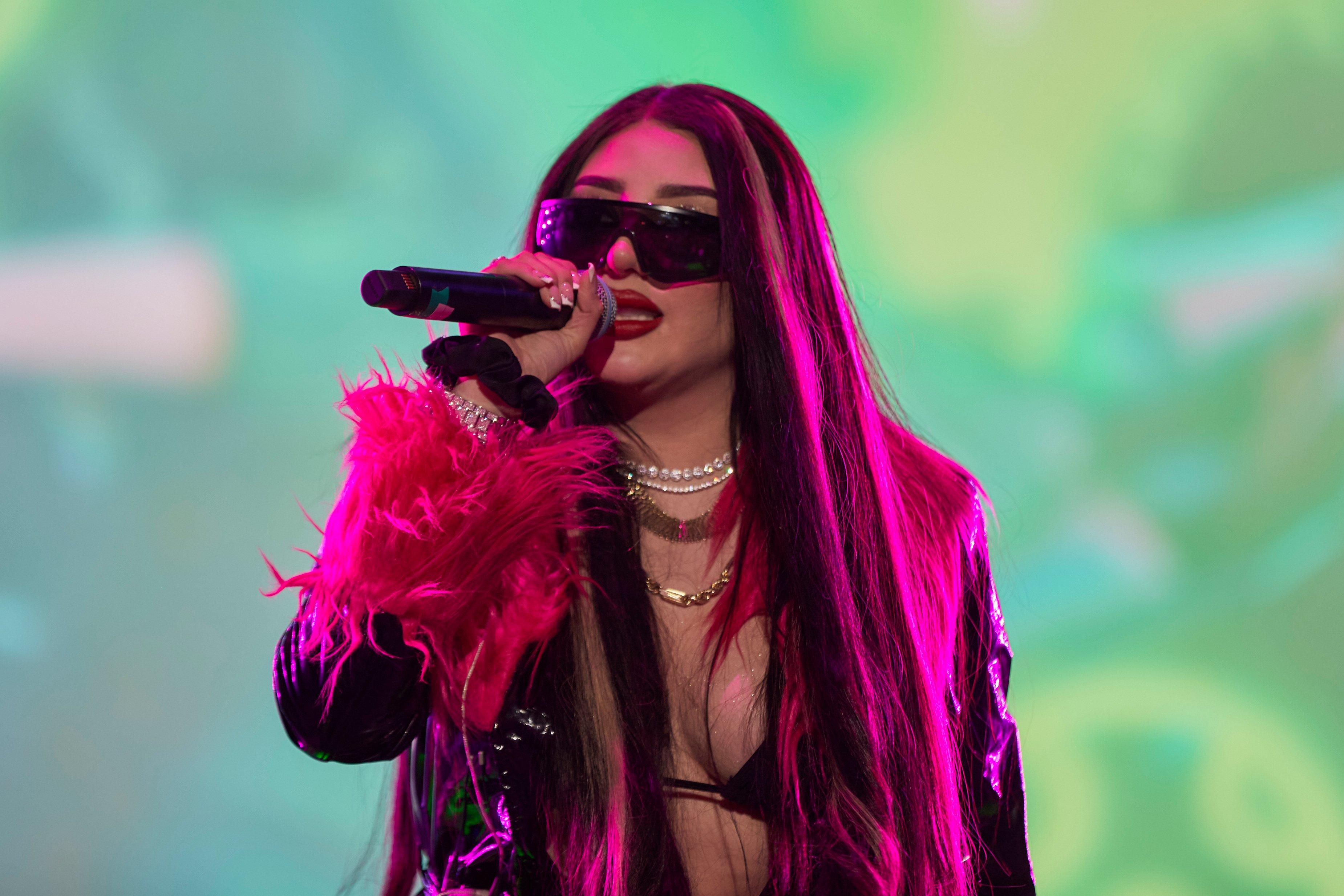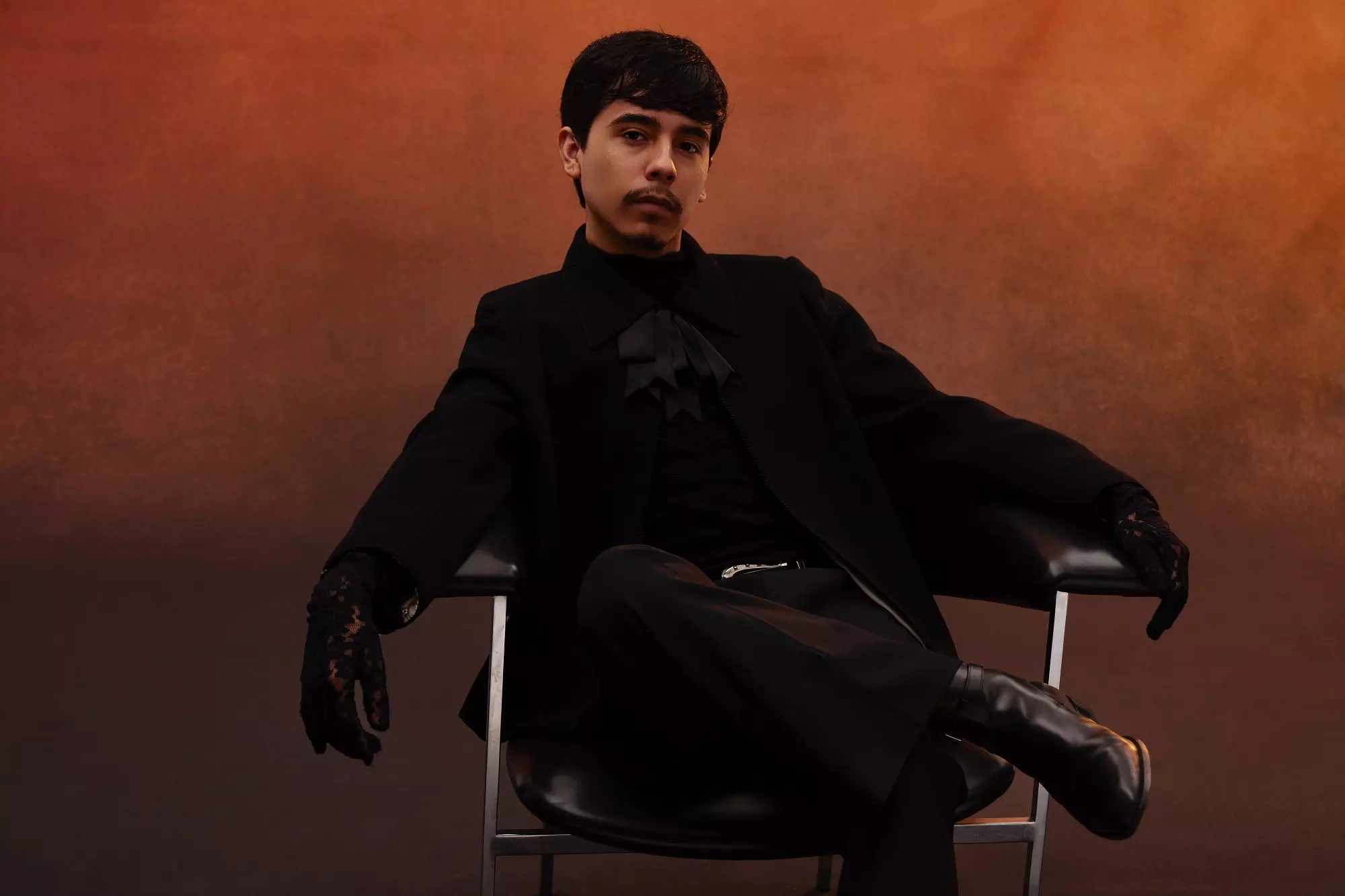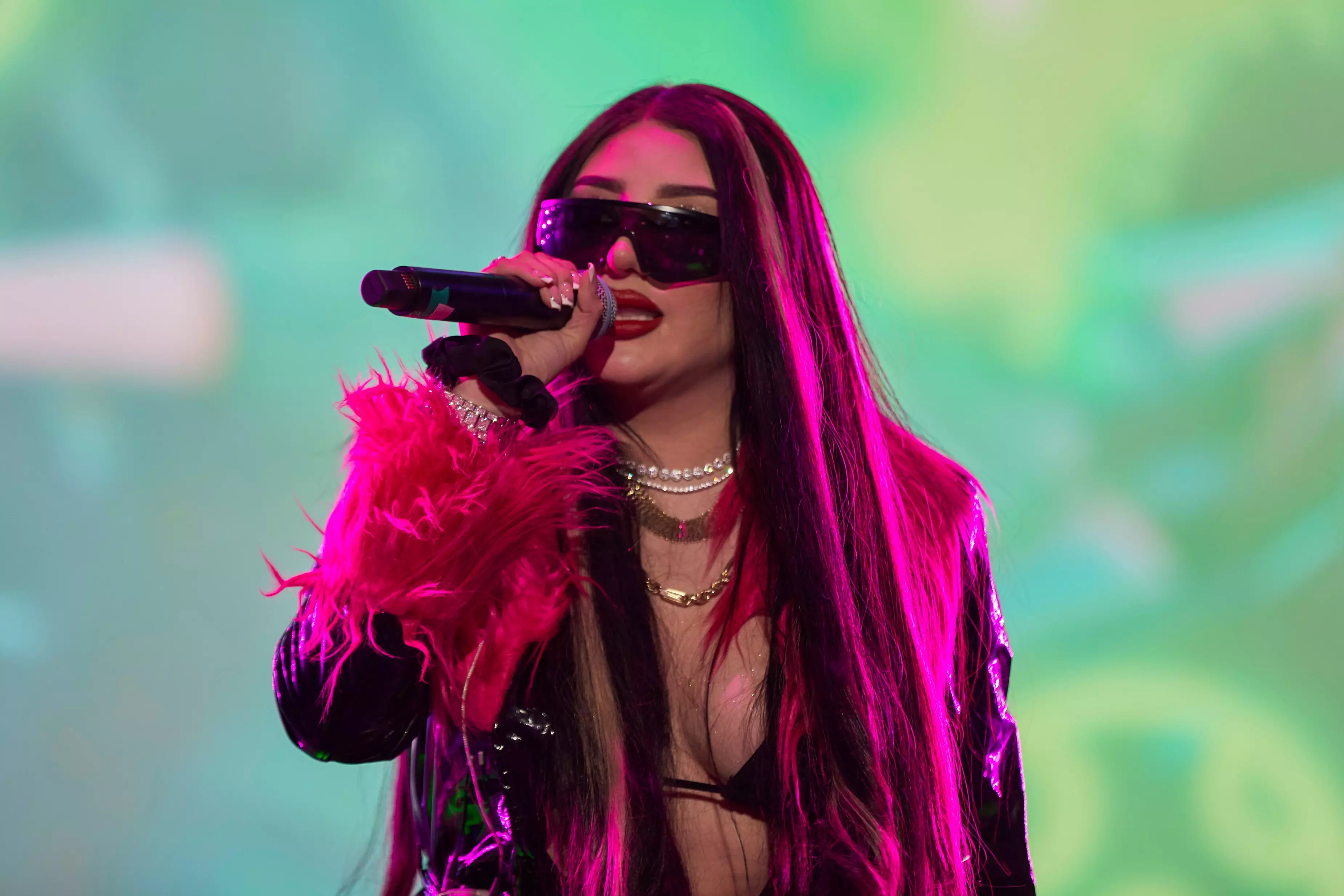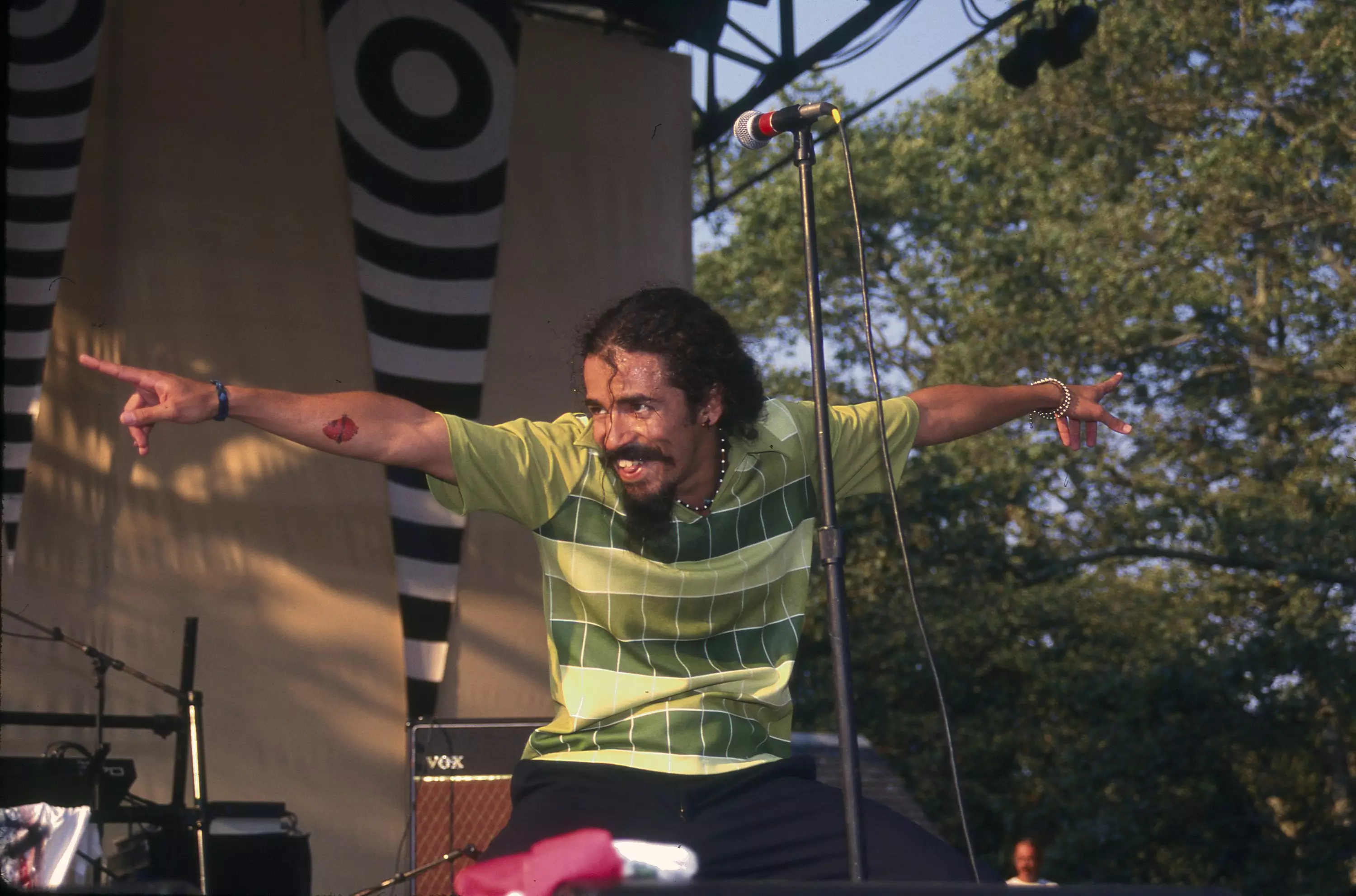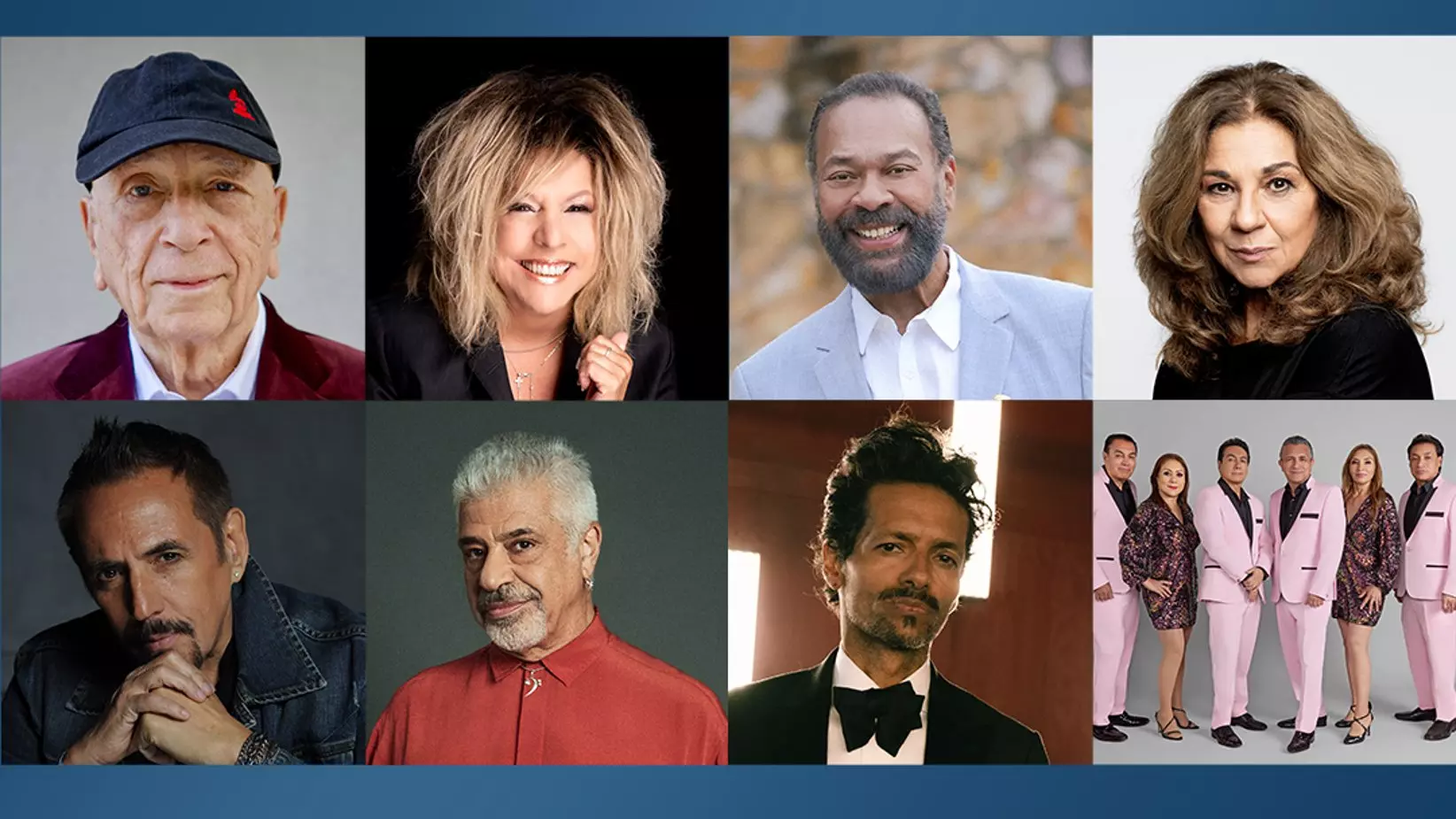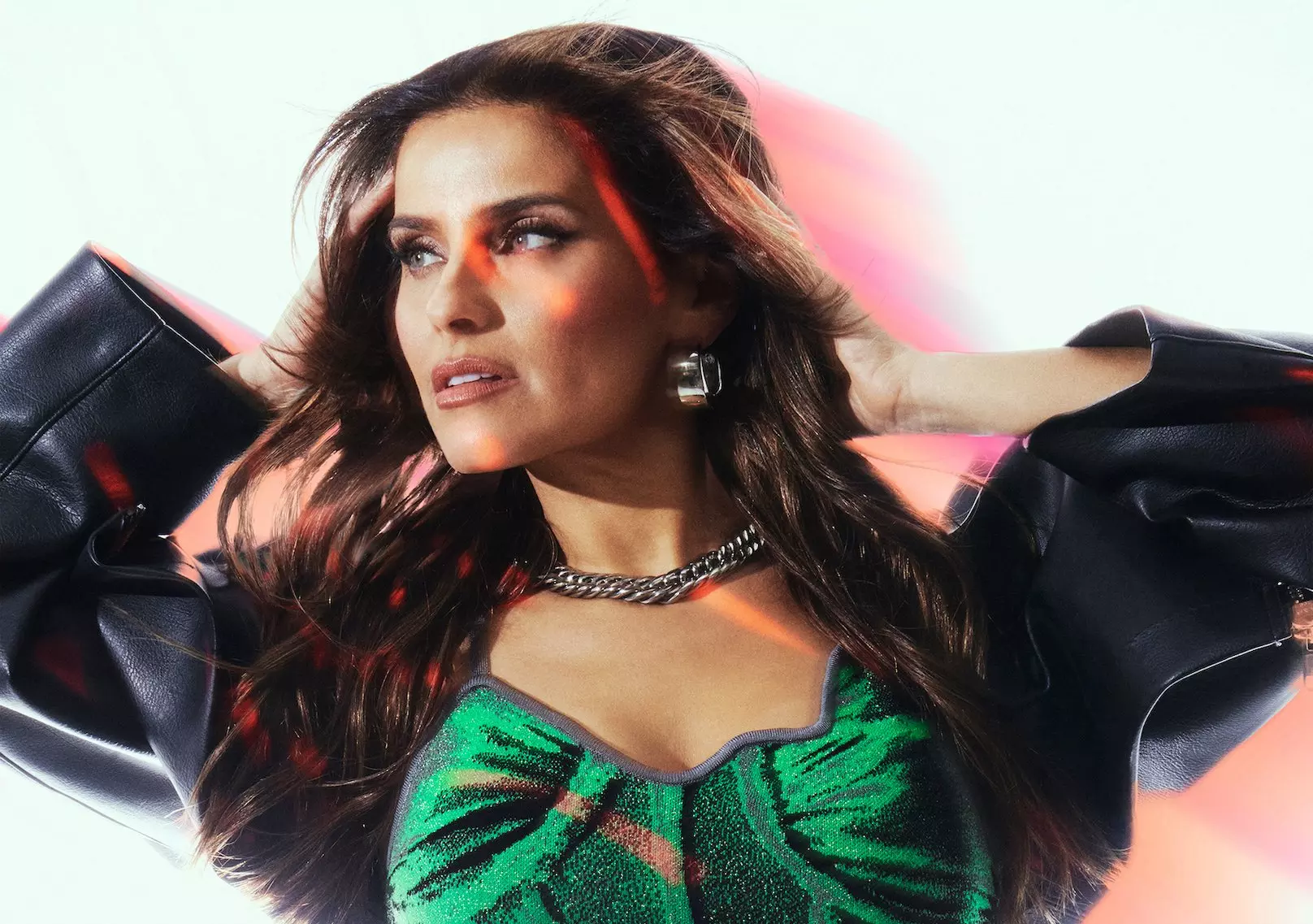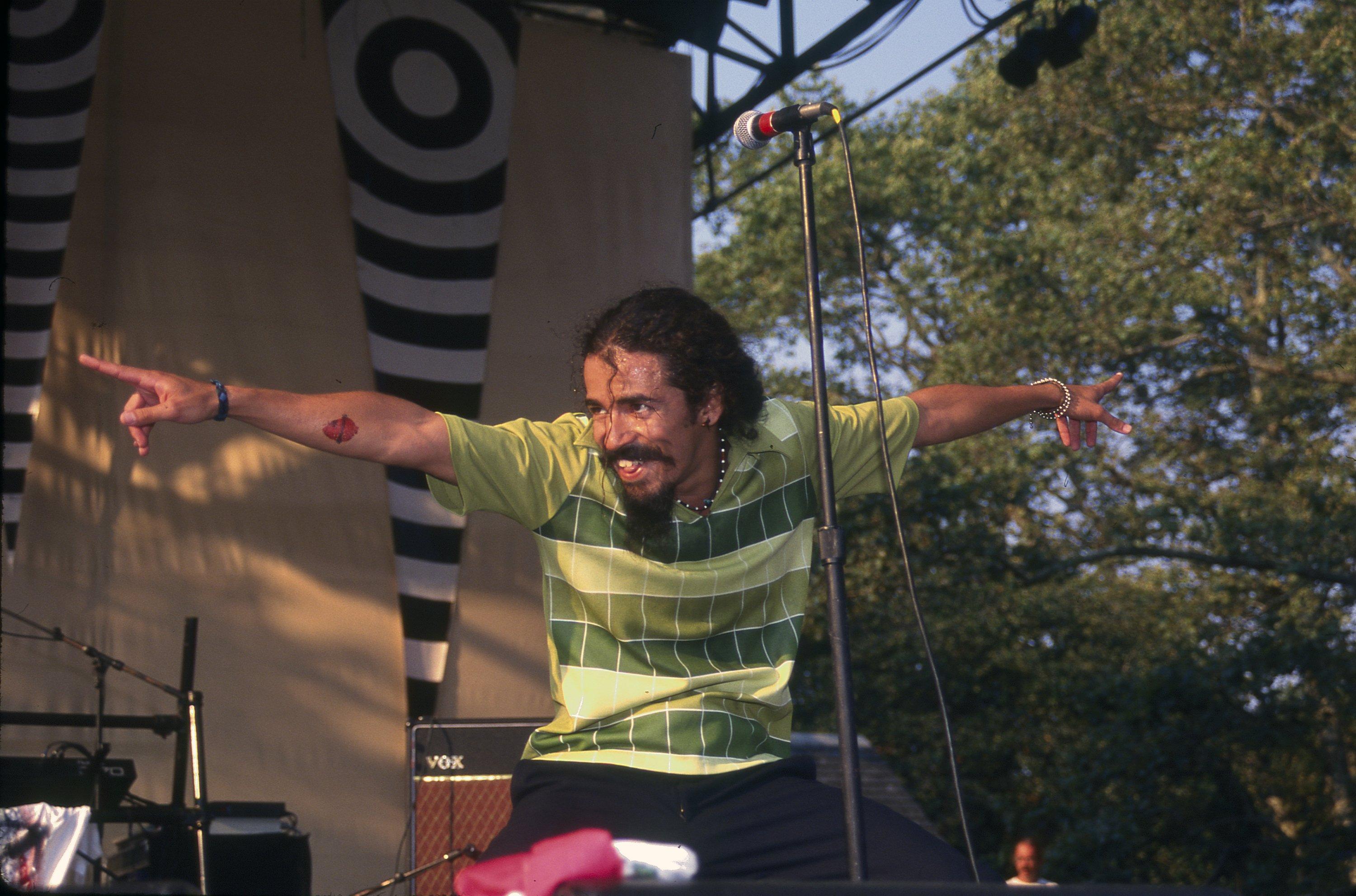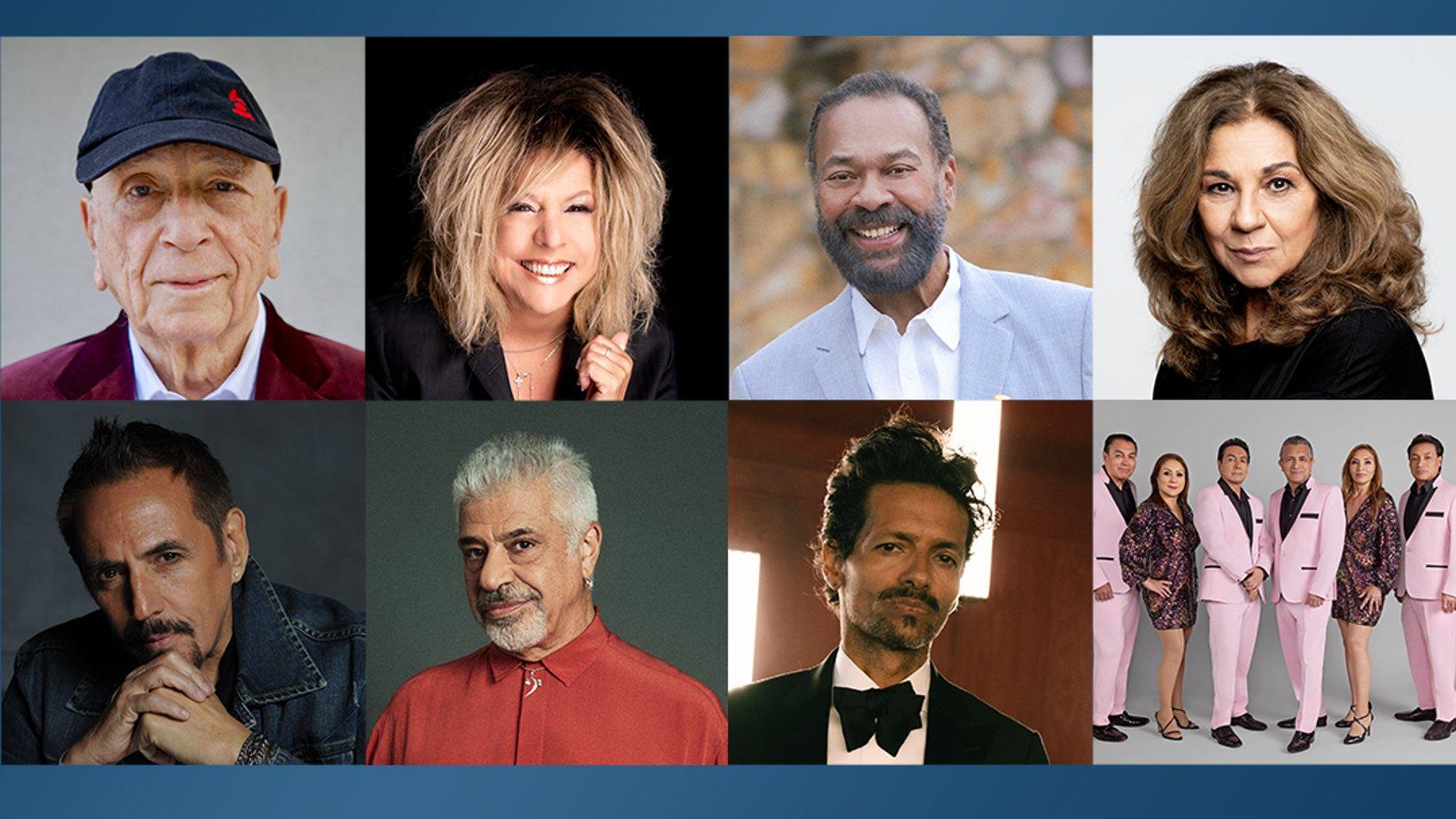The Latin Recording Academy today announced its 2024 Special Awards recipients: Albita, Lolita Flores, Alejandro Lerner, Los Ángeles Azules, Draco Rosa, and Lulu Santos will receive this year's Latin Recording Academy Lifetime Achievement Award as part of its annual Special Awards Presentation. Additionally, Ángel ‘Cucco’ Peña and Chucho Rincón will receive the Latin Recording Academy's Trustees Award.
The Lifetime Achievement Award is presented to performers who have made creative contributions of outstanding artistic significance to Latin music and its communities. The Trustees Award is bestowed on individuals who have made significant contributions to Latin music during their careers in ways other than performance. Both distinctions are voted on by the Latin Recording Academy's Board of Trustees.
“It is with great pride that we honor these musical legends — who continue redefining our Latin music and heritage — and we look forward to celebrating them as part of our Latin GRAMMY 25th anniversary festivities in November,” Latin Recording Academy CEO Manuel Abud said in a statement.
The honorees will be celebrated during a private event as part of Latin GRAMMY Week on Sunday, Nov. 10, in Miami, ahead of the 2024 Latin GRAMMYs. Alex Hadad will serve as executive producer of the Special Awards Presentation, working under the direction of the Latin Recording Academy’s production team led by Ayleen Figueras.
The 2024 Latin GRAMMYs, officially known as the 25th Latin GRAMMY Awards, will take place Thursday, Nov. 14, in Miami at Kaseya Center. The three-hour telecast will air live on Univision, Galavisión, and ViX on Thursday, Nov. 14, beginning at 8 p.m. ET/PT (7 p.m. CT), preceded by a one-hour pre-show starting at 7 p.m. ET/PT. Nominations for the 2024 Latin GRAMMYs will be announced Tuesday, Sept. 17.
The 2024 Latin GRAMMYs mark the 25th anniversary of the Latin GRAMMY Awards. This year, the Latin GRAMMYs will debut a new Field and two new Categories: Best Latin Electronic Music Performance, housed within the new Electronic Music Field, and Best Contemporary Mexican Music Album (Regional-Mexican Field).
Ahead of the 2024 Latin GRAMMYs, the Latin Recording Academy will host the official Latin GRAMMY Week 2024, which includes multiple events throughout Miami-Dade County, including marquee events like Leading Ladies of Entertainment, the Best New Artist Showcase, Special Awards Presentation, Nominee Reception, Person of the Year, and the Premiere Ceremony preceding the telecast. This year, 18-time Latin GRAMMY winner and two-time GRAMMY winner Carlos Vives will be honored as the 2024 Latin Recording Academy Person of the Year. More details on the official Latin GRAMMY Week 2024 events and calendar will be announced in the coming months.
Learn more about the Latin Recording Academy’s 2024 Special Awards recipients below:
2024 Lifetime Achievement Award Honorees
Albita (Cuba)
One of the most exuberant ambassadors of Latin culture in the United States, Latin GRAMMY-winner Albita has championed the rollicking beauty of Cuban music since the release of her debut album in 1988. The daughter of a popular folk duo, Albita Rodríguez was born in Havana in 1962. Noted for the fiery combustion of her vocal cords and a precise understanding of Cuban musical tradition, Albita reignited her career after she left Cuba and moved to Miami in 1993. Her breathtaking live performances at Florida nightclubs resulted in a recording contract with Emilio Estefan’s Crescent Moon label.
Released in 1995, her U.S. debut, No Se Parece A Nada, included one of her biggest hits: the brassy tropical anthem “Qué Manera de Quererte,” as well as a velvety bolero — a genre in which she also excels. A prolific songwriter, Albita built up a prodigious discography of original material, fusing the essence of son cubano with traditional trova and balada. The hostess of a highly successful television show, “La Descarga Con Albita,” she also showcased her formidable acting chops in productions of the Broadway musicals “The Mambo Kings,” “Carmen La Cubana,” and “Havana.” Albita continues actively recording new music and performing in front of enthusiastic audiences all over the world.
Lolita Flores (Spain)
María Dolores González Flores was born in Madrid in 1958 and was only 17 when she released a hugely successful debut album, Amor, Amor. In 1976, her second album featured the smash “No Renunciaré,” an impossibly nostalgic balada marked by an ornate arrangement and her gritty performance. During the 1980s, Lolita became a beloved pop star throughout the Americas, and in the 1990s, she developed a parallel career as an award-winning actress and television presenter. The daughter of singers Lola Flores and Antonio González ‘El Pescaílla’ and sister of Rosario and the late Antonio Flores, Lolita found a distinctive personal approach anchored on the gorgeous texture of her vocals and an eclectic repertoire that never ceases to surprise. In 2001, the album Lola, Lolita, Lola triumphed with an irresistible cover of the Cuban standard “Sarandonga,” which her father had recorded in 1966. In later decades, Lolita expanded her palette with sophisticated albums such as 2007’s Sigue Caminando, which veered into bossa nova, jazz, and pop-rock.
Alejandro Lerner (Argentina)
A thoughtful singer/songwriter anchored on his impeccable keyboard technique, Alejandro Lerner is the most covered Latin artist of his generation. Born in Buenos Aires in 1957, Alejandro Federico Lerner began his career as a teenager, playing with various legends of 1970s Argentine rock. Released in 1982, his solo debut, Alejandro Lerner Y La Magia, showcased the qualities that would soon garner him millions of fans: solid musicianship, the raw honesty of his lyrics, and a natural gift for evoking delicate, nocturnal moods. Inspired by Argentina’s return to democracy, 1983’s “Todo A Pulmón” was recorded by Spanish star Miguel Ríos and became an international hit. The mutual admiration that he shared with Mexican balada icon Armando Manzanero resulted in several successful tours together. Alternating between his native Argentina and Los Angeles, Lerner collaborated with Carlos Santana on the 2002 album Shaman and toured with the guitarist. He has also worked with Carole King, Luis Miguel (on the 1996 mega-hit “Dame”), Celine Dion, Air Supply, Gino Vannelli, Paul Anka, Alan Parsons, and Barry Gibb, among many other luminaries. In 2005, he was enlisted by Disney to perform the songs in the Spanish version of Chicken Little and to compose an original song for the closing credits of the animated film. A tireless performer, Lerner is still active in the recording studio and tours sold-out venues across the Americas.
Los Ángeles Azules (Mexico)
Founded in the Mexico City municipality of Iztapalapa in 1976 by the siblings of the Mejía Avante family, the group released their debut album in 1982. But it was in 1996 that the orchestra became a fundamental part of Mexican cumbia with “Cómo Te Voy A Olvidar.” Noted for their openness to collaborate with artists from other genres, Los Ángeles Azules revolutionized their sound — and the Latin music business — in 2013 by teaming up with legends from the Latin alternative field: Caifanes’ Saúl Hernández, Fabulosos Cadillacs’ Vicentico, and Ximena Sariñana, to name a few. Subsequent duets with Natalia Lafourcade (the retro charm of “Nunca Es Suficiente” in 2018), Argentinian artists (the brilliant fusion of De Buenos Aires Para El Mundo in 2020), and Carlos Santana (2023’s funky single “A Todos Los Rumberos,” with Panteón Rococó) solidified the band’s reign as one of the most beloved acts in all of Latin music.
Draco Rosa (Puerto Rico)
The remarkable musical career of Draco Rosa encompasses many facets — from boy band superstar to iconic rock en español pioneer and global hitmaker — all of them informed by his virtuoso vision and protean talent. Born in Long Island, New York, in 1969 to Puerto Rican parents, the Latin GRAMMY-winning singer, songwriter, and multi-instrumentalist Robert Edward Rosa Suárez got his first taste of fame as a member of Menudo. After a brief stint with rock band Maggie’s Dream, Rosa released two fundamental albums that shaped the 1990s wave of Latin American rock: 1994’s Frío and 1996’s Vagabundo. Delving into the pop machinery with the desire to subvert any and all expectations, Rosa co-wrote “Livin’ la Vida Loca” and other pop smashes for former Menudo bandmate Ricky Martin and also produced songs for Julio Iglesias. Always invested in exploring new ground, he developed a solo career that switches effortlessly from epic alternative rock (2018’s Monte Sagrado) to soulful ambient sonics (2021’s Sound Healing 1:11). This year marked the release of Reflejos de Lo Eterno, a transcendent covers collection of Latin alternative classics.
Watch: Draco Rosa Talks On Tour Backstage Must-Haves | Herbal Tea & White Sofas
Lulu Santos (Brazil)
A prodigiously talented guitarist, singer, and composer able to infuse an ethereal sense of romance into every song he touches, Lulu Santos has spent the past five decades carving a distinguished path in Brazilian music. Born in Rio de Janeiro in 1953, Luiz Maurício Pragana dos Santos abandoned his studies in favor of the hippie movement and a music career. After founding the ambitious progressive rock outfit Vímana, Santos launched a solo career in 1982 with the album Tempos Modernos. The jangly self-titled track and the lush “De Repente Califórnia” epitomized the MPB aesthetic of the time: sunny pop-rock chords, oblique melodies, and echoes of new wave. His third LP, 1984’s Tudo Azul, established him as one of the key Brazilian rockers of the decade. Still, Santos’ tireless quest for novel forms of expression found him incorporating dance, funk, and R&B into his 1990s output. A passionate champion of fellow musicians, Santos released poignant albums revisiting the songbooks of fellow legends Roberto and Erasmo Carlos (2013) and Rita Lee (2017). He remains active in music, having recently released a new EP of remixes — Atemporal — in May 2024.
2024 Trustees Award Honorees
Ángel ‘Cucco’ Peña (Puerto Rico)
Marc Anthony. Celia Cruz. Willie Colón. Gilberto Santa Rosa. These are just a few of the many stars whose work was enhanced by the talent of composer, producer, and orchestrator Ángel ‘Cucco’ Peña, a living legend of Puerto Rican music. Born in Santurce in 1948, Peña attended Puerto Rico’s Conservatory of Music and later sharpened his skills as a performer with tropical ensemble Orquesta Panamericana. His ability to infuse his Puerto Rican roots into every recording he touched cemented his sterling reputation as a sympathetic collaborator of other artists. In 1993, he co-produced Willie Colón’s classic LP Hecho en Puerto Rico, including the salsa anthem “Idilio.” The late 1990s were a time of fiery creativity for Peña. He produced Marc Anthony’s third album, Contra la Corriente, took over the musical direction on Gilberto Santa Rosa’s live album En Vivo Desde El Carnegie Hall, and contributed to albums by Ricky Martin (the pop blockbuster Vuelve), Chayanne and Celia Cruz. The Latin GRAMMY winner has worked extensively in film, advertising and television specials and remains an active ambassador of Latin music.
Chucho Rincón (Mexico)
A prolific composer, producer and label executive, Latin GRAMMY winner Chucho Rincón is a pioneer of the Mexican recording industry and a guiding light within Latin music. Born in Ciudad Juárez, Chihuahua, in 1937, Jesús ‘Chucho’ Rincón Cárdenas grew up in Michoacán and learned to play the guitar at a young age. After moving to Mexico City and taking acting and voice lessons, he became the lead vocalist for the soulful Trío Los Aguilillas in 1956. Rincón left the band in favor of a solo career and began writing songs in 1962. His charismatic presence and musical expertise facilitated a transition into a musical director with several labels. Working for Capitol, he signed many artists, including a young Joan Sebastian, whose career he would continue to shepherd decades later. In 1988, Rincón moved with his family to Spain where he became the musical director of the Orfeón label. He has produced over 300 albums by stars such as Alejandro Fernández, Chavela Vargas, and La Sonora Santanera and composed more than 200 songs, including the mega-hit “Quén Pompó.” Rincón continues producing music as part of a creative team with his son Fabián.

